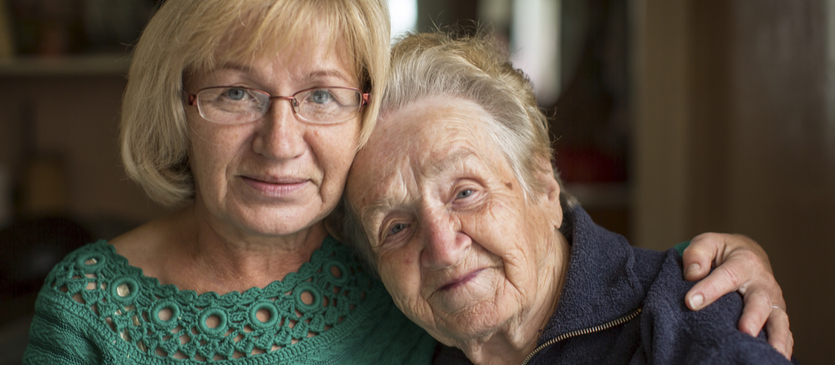Parents with young children know all too well how difficult and stressful it can be to secure a quality and affordable childcare place in Sydney. The cost of long day care can rival the cost of an exclusive private school, with some families shelling out up to $30,000 per year. If you’re fortunate enough to have grandparents living close by who are willing and able to help with childcare or after-school care, it makes a lot of sense to make the most of this option.
ABS figures from 2017 show around one-quarter of all children in childcare were usually cared for by their grandparents. Forty percent of grandparents look after their grandchildren at least once a week. For many families, grandparents enable both parents to work to relieve the steep financial burden of modern Sydney living.
It’s not simply a question of affordability. There are many other intangible benefits. Grandparents often love the idea of caring for grandchildren, especially when they are very small and super cute. It can give them a sense of purpose in retirement. Grandparents build strong bonds with their grandchildren and parents gain the peace of mind of knowing their children are cared for by a loving and trusted family member. Chasing after an active toddler also has health benefits for the grandparents!
Yet, grandparents may not always be able to provide as much care as they’d like to, due to health and other factors that come with age.
Parents need to watch for signs that childcare might have become too much for a grandparent. Here are some tips to help navigate this delicate discussion.
Are the grandparents physically up to the job?
The last thing you want to do is put your parents under any pressure to care for your child if they are not actually up to the job. They might have health, energy or mobility issues limiting how much they can take on. Can they manage the pram, the lifting and the physical activity involved in caring for a small child? Are there lots of stairs in your home, pets or other obstacles that could be a challenge, especially if carrying a baby. Observe your parents move, lift and bend down and, if possible, find ways to minimise any challenges.
If a grandparent is taking a new medication, this may cause drowsiness or have other side effects. This could affect their capacity to drive safely, or cause them to doze off, so it is very important to know any potential issues with medication.
Be upfront and ask your parents to let you know if they need to reduce the hours of care to match their energy levels or health limits. This conversation is much easier when everyone is healthy. If everyone is honest and open from the start, it can help you avoid conflict, guilt or resentment.
Are the grandparents mentally up to the job?
Times have changed since your parents looked after young babies themselves. It may be a steep learning curve that places a big strain on an older person and damages their confidence. Will they be able to handle the mental challenge of dealing with a small child? If a child is prone to public tantrums or has severe allergies, these factors could be too much for a grandparent to deal with.
Cognitive decline may be happening slowly, which may sap the grandparent’s coping skills or short-term memory.
Are the grandparents happy and able to commit to childcare?
Its likely grandparents are balancing other commitments like housework, volunteering, hobbies, work or retirement plans.
Would regular childcare commitments impinge on the grandparent’s lifestyle and personal commitments, ultimately leading to feelings of resentment? Will it cause conflict with other members of the family if other grandchildren also need care?
Everyone needs a break and family needs change over time. Plan for sickness and holidays from the start. Have back-up care for when grandparents are sick or away on holiday.
Be flexible and open to different solutions. If you need grandparents to care for children very early in the morning once or twice a week, consider having your grandparents stay at your house overnight or having your children sleep over at their house.
Avoid making long-term childcare arrangements with grandparents. Instead, put a time-limit on the care arrangements, so grandparents are not ‘locked in’ indefinitely. Try to avoid the situation of being wholly dependent on your parents for 100% of your childcare needs as this may make it very difficult for them to share their concerns about their health, energy limitations or coping skills with you.
If you have any doubts about a grandparent’s capacity to care, then you should consider other types of care such as another family member, nanny, family day care, preschool or long day care centre.




